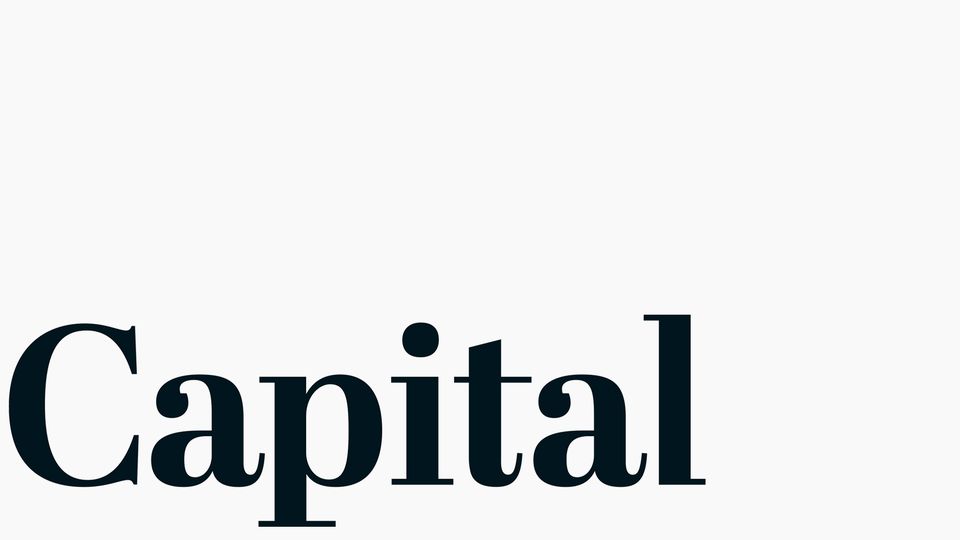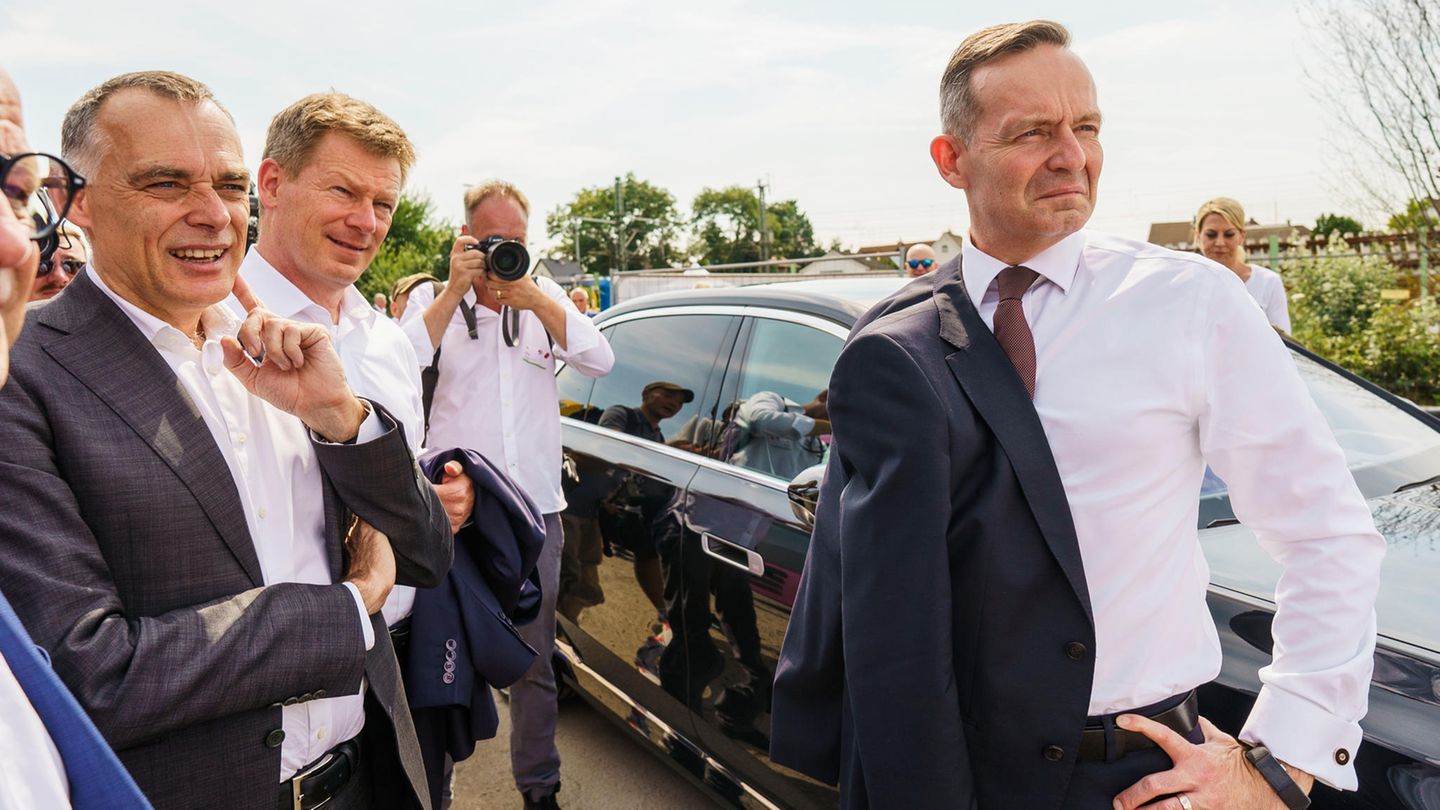Opinion
The railway does what it wants and politicians watch. Transport Minister Wissing wanted to intervene, but a paper from the Court of Auditors shows how railway boss Lutz played him off.
Reports from the Federal Audit Office can be distressing. Then when they start calculating petty things instead of reprimanding the big wastes. But the latest report from the top budget auditors is a page-turner. It’s about the railway and the federal government, about power and dependence and how the railway managed to completely lull its owner. A fine lesson about how the supposedly weaker defeats the stronger and that leads to a huge waste of money. At least that’s how the auditors see it. And they have many, many examples of this. On 33 pages, the experts describe why the DB now controls its owner, the federal government, and not the other way around. From their point of view, there is one person in particular to blame for this: Federal Transport Minister Volker Wissing.

This is original Capital branded content. This article is available for ten days on stern.de. You will then find it again exclusively on capital.de. Capital belongs like that star to RTL Germany.
When the FDP man surprisingly took over the office of Federal Transport Minister in 2021, many still thought that the railway would now lose its omnipotence over the infrastructure and that the liberal would get serious about restructuring the state-owned company. After decades of being a less interested or less talented CSU transport minister, Wissing appeared as a shining light who was seriously committed to the railway, but also wanted to take on it. In June 2022, Wissing announced that it would become more involved and control the renovation of the railway; for this purpose, among other things, a “Transformation DB AG steering group” was set up.
The rail network isn’t all that dilapidated
But instead of pushing in harder, he allows himself to be ensnared. Railway boss Richard Lutz appeared to be a repentant sinner, but also hammered into the minister that the infrastructure was so bad mainly because the railway had always received too little money for its rail network. However, a lot of things were wrong in this story, especially strange that the network was supposed to be in perfect condition by 2022, officially certified by the Federal Railway Authority. But that’s another story. In any case, Lutz achieved what many did not think possible. He remained the railway boss.
What followed was a light rail reform. DB founded a new subsidiary called DB Infrago. Bundled in it: the rail network and the train stations. There is hardly any talk of double structures, too much waterhead and management errors anymore. Instead, a new shell with an old core, in which the DB continues to stand on the command bridge and politics wave on the sidelines.
Bahn subsidiary Infrago controlled by Bahn, the federal government is watching
The report reconstructs how this is possible when the federal government gives billions and completely owns the store. The federal government had demanded ten of the 20 mandates on the supervisory board of DB Infrago AG. A “Federal Bank [, die] “can no longer be overruled,” was the goal, it says there. However, DB AG “did not allow this,” the auditors quote from a statement from the Ministry of Transport. And lo and behold: the federal government only receives five out of 20 mandates.
The federal government also fought for the position of chairman of the supervisory board of DB Infrago AG, an important instrument for management. But DB AG insisted that she get the position. A top-level discussion followed between Lutz and Wissing – and Berthold Huber, the DB Group board member for infrastructure, had the job in a dual role. Nevertheless, this is the “biggest railway reform since 1994,” says Minister Wissing undaunted and assesses his role as follows: “I think the railway has never had a tighter infrastructure in terms of infrastructure.”
Pathetic game
None of this is a revelation, but when viewed together it is pathetic. One would like to know how Lutz – German youth chess champion – checkmated Wissing and why Wissing listens so little to his own people. This is what many parts of the report are about. For example, “the working level of the BMDV recognized DB AG’s interest early on,” the auditors write. The group’s “goal is to obtain more federal money with less control.” Nevertheless, the BMDV was unable to “strengthen the federal government’s interests as desired.”
An example of this is the change in financing from grants to own resources, which further transfers power away from politicians. For the auditors, all of this is “unacceptable”. There are doubts as to whether the BMDV and DB AG are currently appropriately positioned.
In defense of Wissing’s honor, however, it should be noted that he failed at what his predecessors in the ministry never even attempted.
Source: Stern




